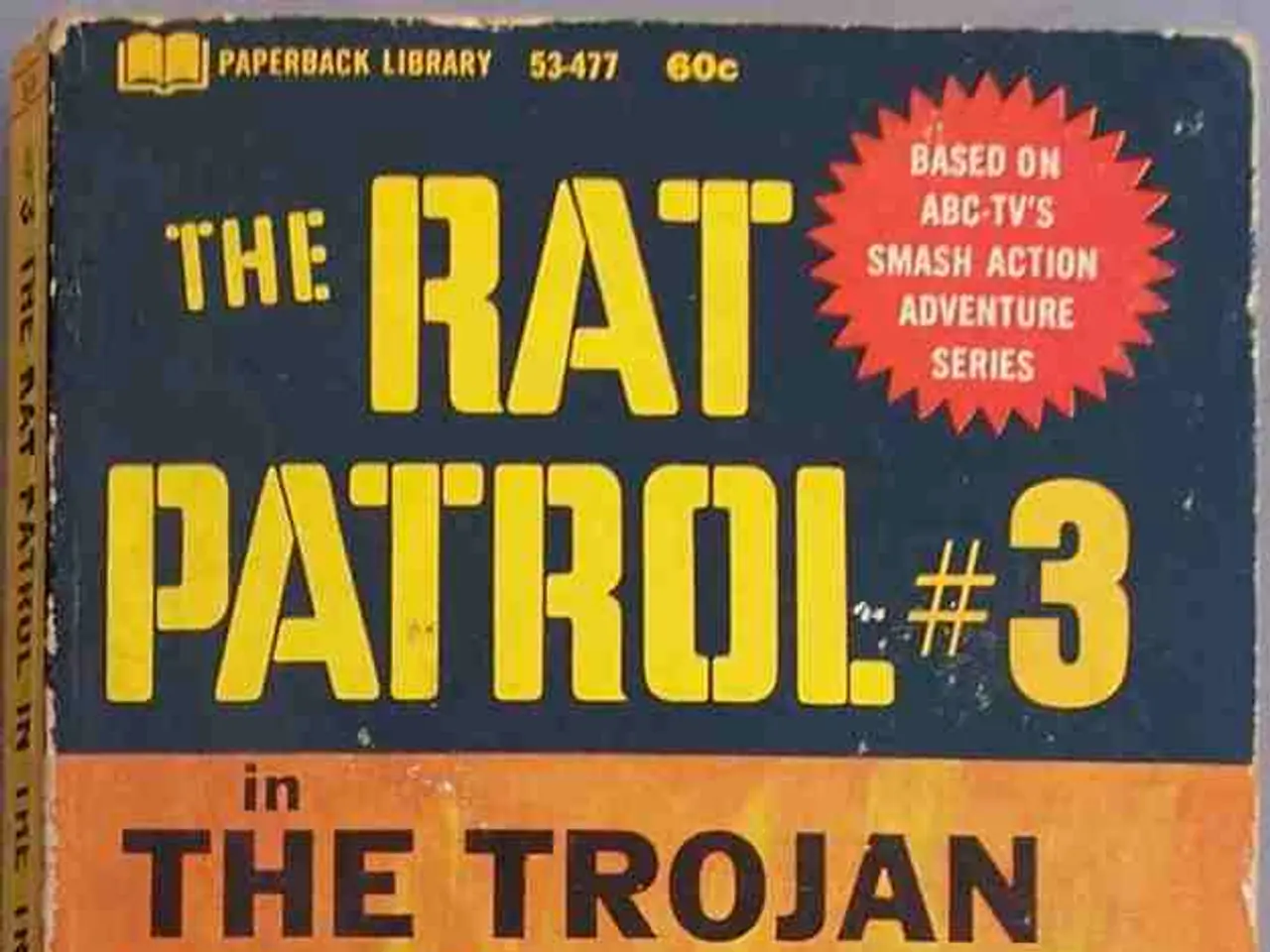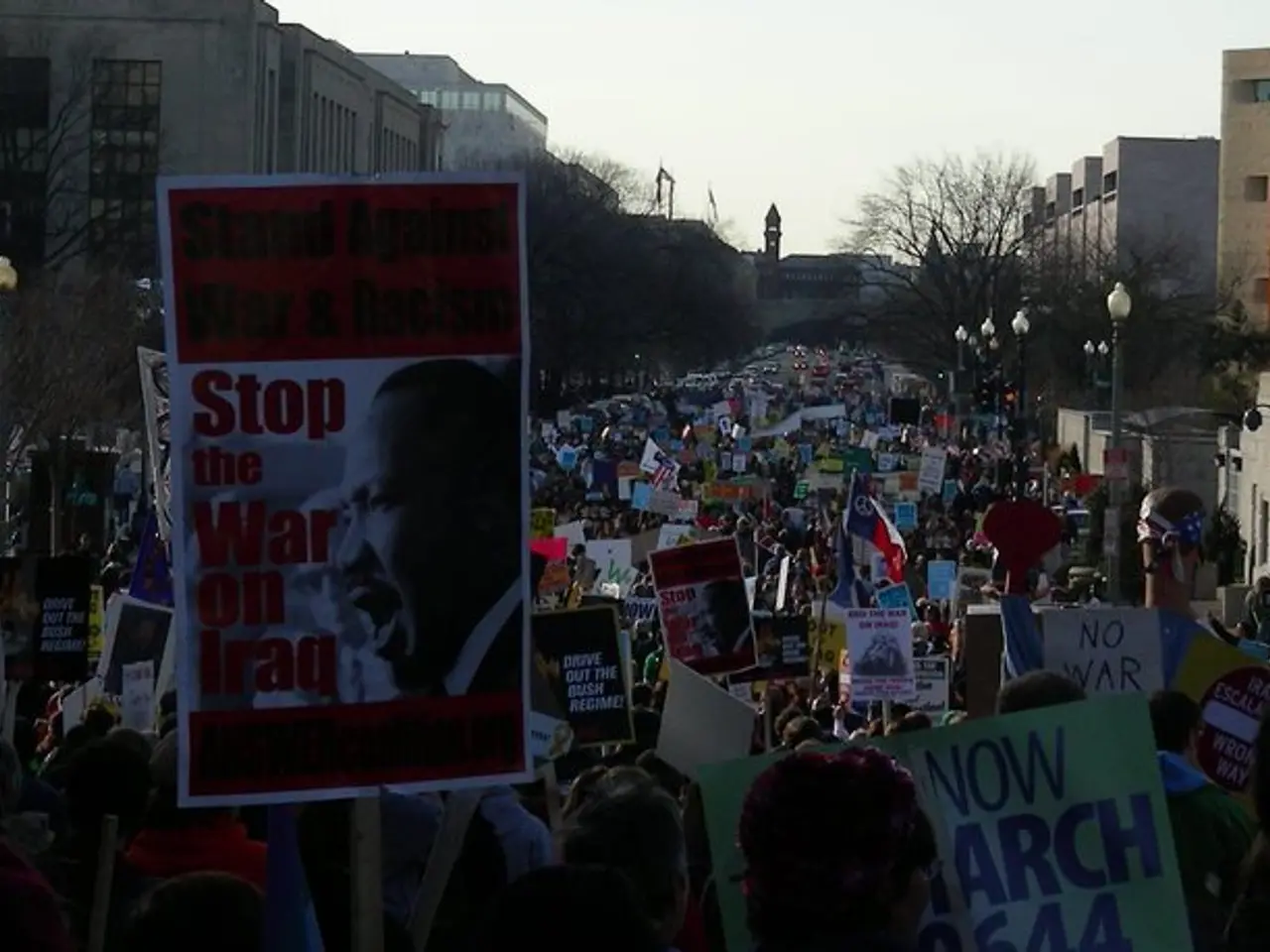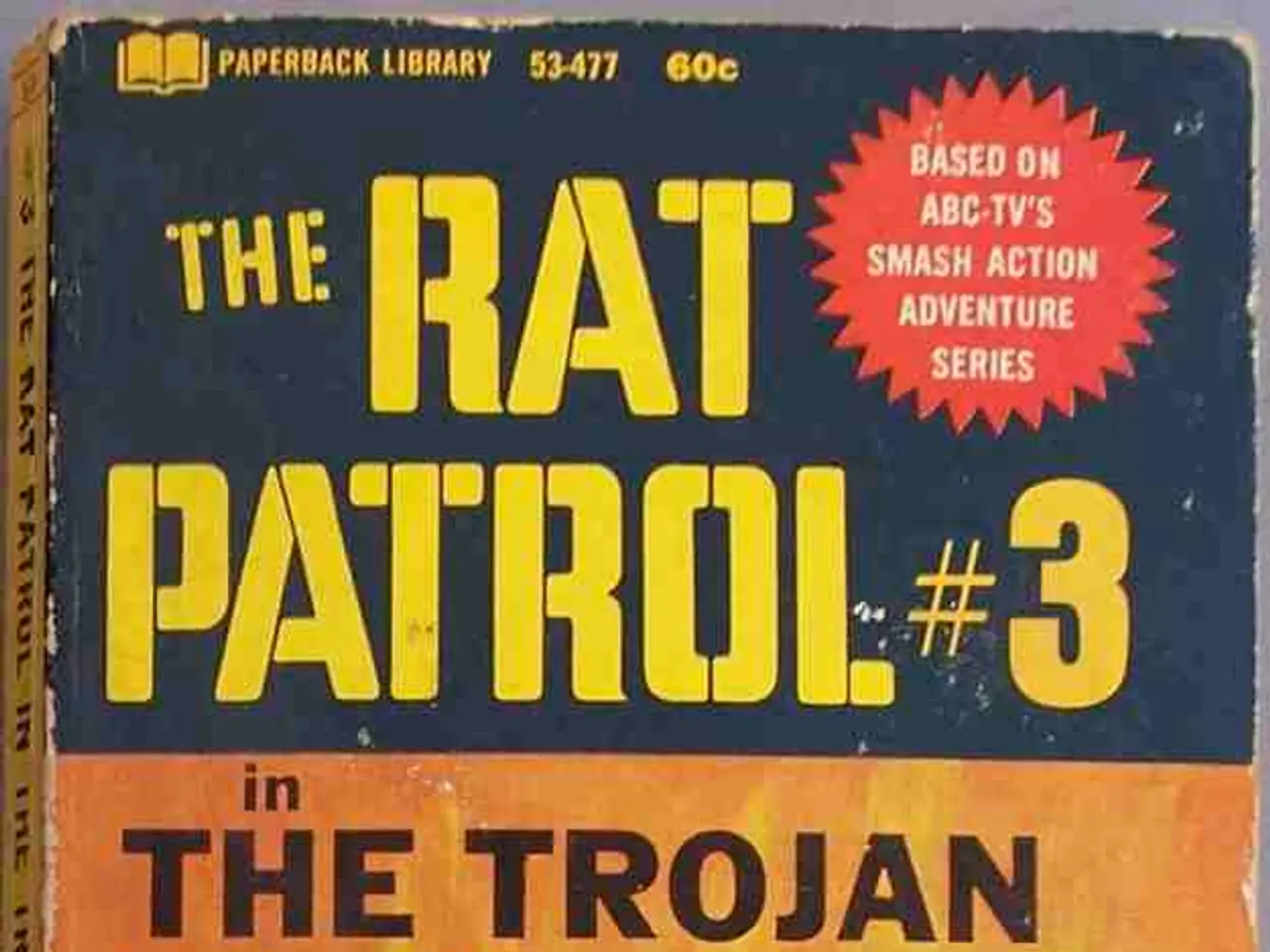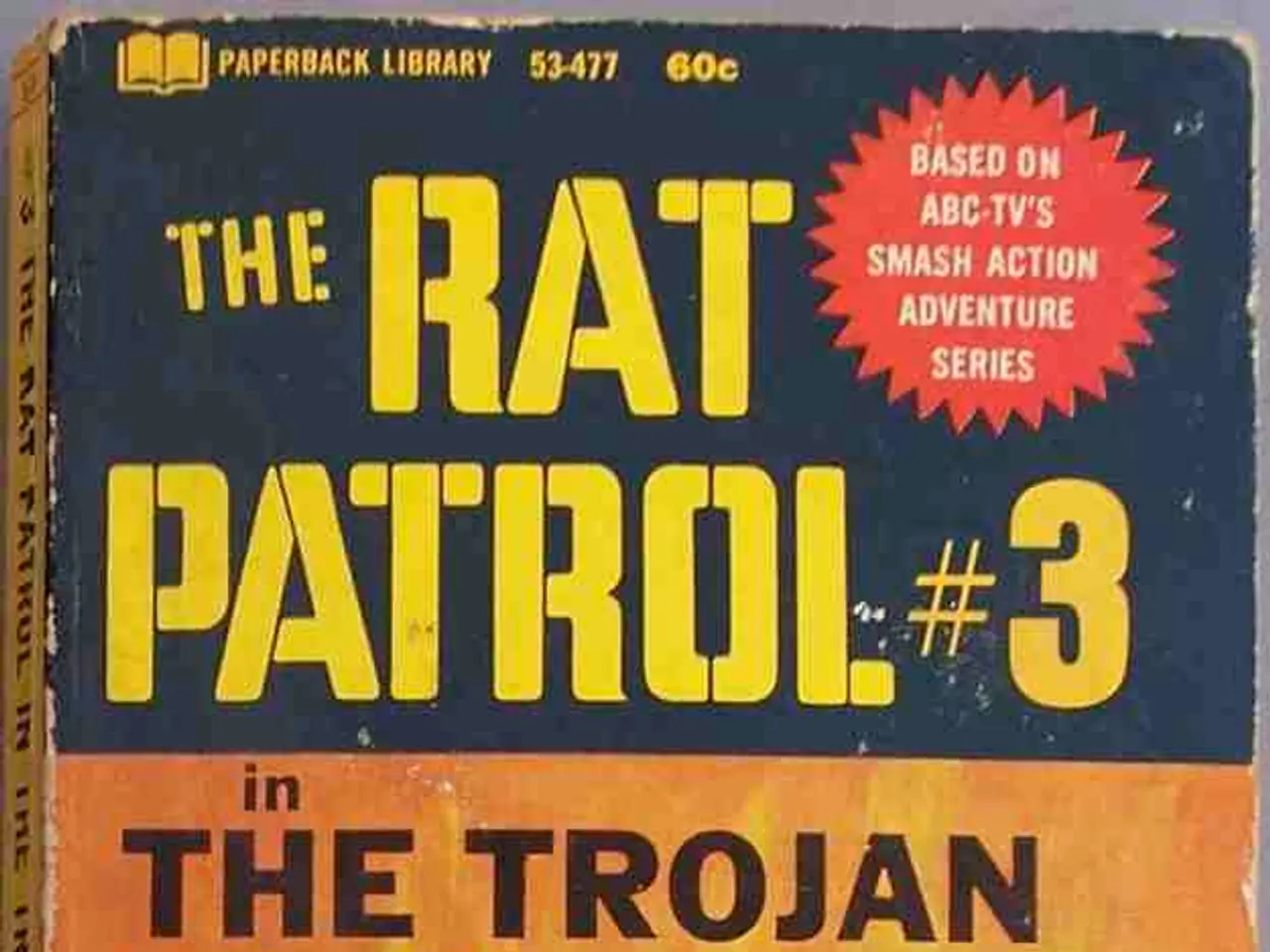Iran's nuclear capabilities substantially increased in likelihood
Going the Nuclear Route: A Closer Look at Israel and the US's Iran Strikes
Israel and the US have pulled no punches with their "Operation Rising Lion" and "Operation Midnight Hammer" nuclear bombings on Iran, claiming these precision strikes would curb the Islamic Republic's nuclear program. However, while these strikes might have delivered a tactical blow, the long-term ramifications might prove counterproductive, as Iran becomes increasingly convinced that nuclear weapons are the only means to deter future hostilities and secure its regime.
Iran once found itself at the bargaining table due to a carefully crafted mix of pressure and incentives. Despite its shortcomings, this approach succeeded. In 2015, the Joint Comprehensive Plan of Action (JCPOA) was cemented, with Iran agreeing to limit its nuclear program in exchange for sanctions relief and other concessions. Yet, Israel's persistent persuasion and President Trump's decision, despite Iran's perceived compliance, to abandon the JCPOA during his tenure wrecked any developed trust over two years of painstaking diplomatic efforts.
Now, instead of strategic patience, the U.S. has teamed up with Israel in favor of erratic force. Some argue that Iran provoked the attacks by deceiving the global community, fueling regional conflicts, and enriching uranium beyond necessary levels for civilian purposes. These claims have merit.
The International Atomic Energy Agency (IAEA), in a report released just before Israel's campaign began, raised questions about Iran's adherence to international obligations. In fact, the Institute for Science and International Security's analysis of this report suggested that "Iran can convert its current stock of 60 percent enriched uranium into 233kg of weapon-grade uranium in three weeks at the Fordow Fuel Enrichment Plant, enough for 9 nuclear weapons." This conclusion may have spurred the Trump administration into action.
However, the IAEA also stated that it had "no credible indications of an ongoing, undeclared structured nuclear program" in Iran, while reiterating the urgency of brokering a nuclear deal.
The agency added that Iran "is the only non-nuclear-weapon state in the world that is producing and accumulating uranium enriched to 60%" - just a minimal technical step away from the 90 percent purity needed for weapons-grade material.
Nevertheless, U.S. and Israeli decision-makers granted the green light for attacks on Iranian nuclear sites at Fordow, Natanz, and Isfahan - facilities subject to IAEA safeguards and bound by Iran's Non-Proliferation Treaty (NPT) commitments. In doing so, they dismantled the legal and verification framework designed specifically to prevent weaponization.
This action not only undermined the IAEA's authority and its inspection regime but also transgressed the NPT's principle of peaceful nuclear use (Article IV) and international law, including the UN Charter. The U.S., a nuclear superpower with a history of catastrophic wars intended to induce regime change, and Israel, a clandestine nuclear-armed state refusing to sign the NPT, have thereby sent a clear message: The weak must abide by rules, while the powerful remain secure. In reality, as long as a nation possesses nuclear weapons, it can flout international law at will.
This hypocrisy runs deep. It was the U.S., after all, which supported and abetted Pakistan's secret pursuit of the bomb. Throughout the 1980s and 1990s, successive U.S. administrations overlooked compelling evidence that Pakistan was clandestinely enriching uranium and building nuclear weapons — continuing to dispense billions of dollars in aid to the nation. Today, fragile Pakistan is armed with an "Islamic bomb."
With diplomacy discarded, inspections undermined, coercion normalized, and double standards adopted, what options remain to convince Iran that continued non-nuclear status is wise and strategically viable? After years of contention over the value of a nuclear deterrent, Iranian leaders are all but certain to choose that nuclear weapons are the only means to keep their country safe from assault.
Iran stands to exit or limit the IAEA framework and race towards nuclear breakout. Just like former Iraqi president Saddam Hussein took his nuclear program underground following Israel's 1981 bombing of Iraq's IAEA-monitored Osirak reactor, Iran is likely to reject transparency and oversight. This would not mark a courageous act of defiance but rather a rational response to a grave — even existential — threat.
It's not just Iran. If powerful states can bomb safeguarded nuclear facilities with impunity, why should any nation put faith in nonproliferation? Any government that wishes to avoid the fate of Saddam's Iraq or Muammar Qaddafi's Libya (or, for that matter, democratic Ukraine) would seek to acquire the bomb — or at least come close enough to keep adversaries second-guessing.
The only viable path to nonproliferation is—and always will be—diplomacy, not destruction. Military strikes might impede a nuclear program, but they cannot instill long-term restraint — especially when carried out by powers that flout the very rules they claim to enforce. Ultimately, Operation Rising Lion and Operation Midnight Hammer may be remembered not as preemptive strikes against Iran's nuclear breakout but as catalysts for it.
Given the current state of war-and-conflicts and the politics surrounding the Iran nuclear program, it is questionable whether the recent nuclear strikes by Israel and the US, such as Operation Rising Lion and Operation Midnight Hammer, will guarantee general-news peace in the long run. Instead, these actions might push Iran towards seeking nuclear weapons as a means of deterrence and protection against future hostilities.
The actions of the US and Israel in bypassing diplomatic channels and dismantling the legal and verification framework designed to prevent weaponization, have sent a message to the international community that the powerful can disregard international law while the weak must abide by it. This double standard could encourage other nations to pursue nuclear weapons, as they question the value of nonproliferation.








